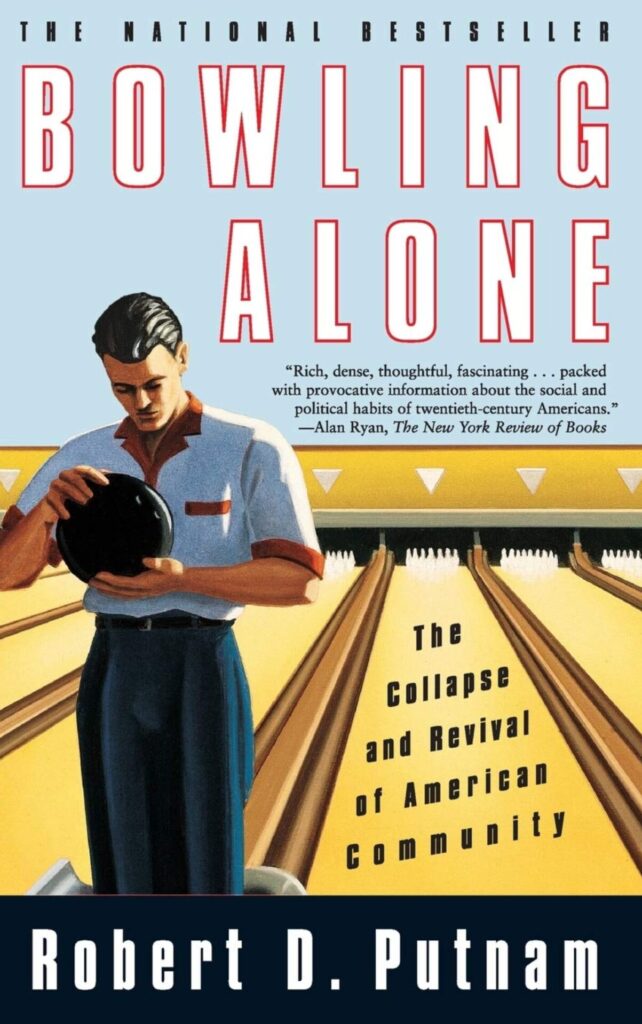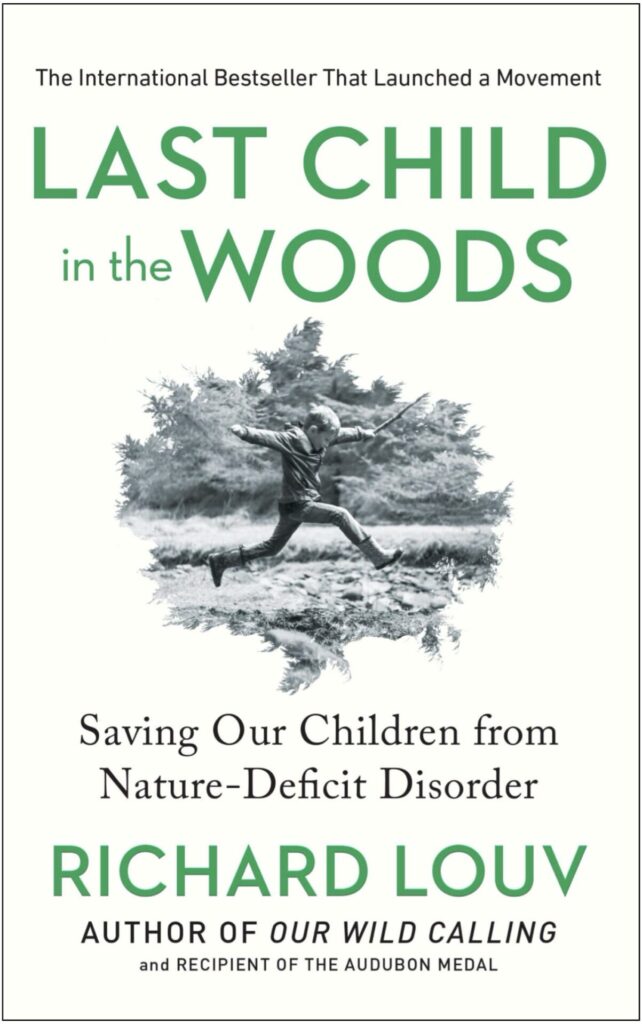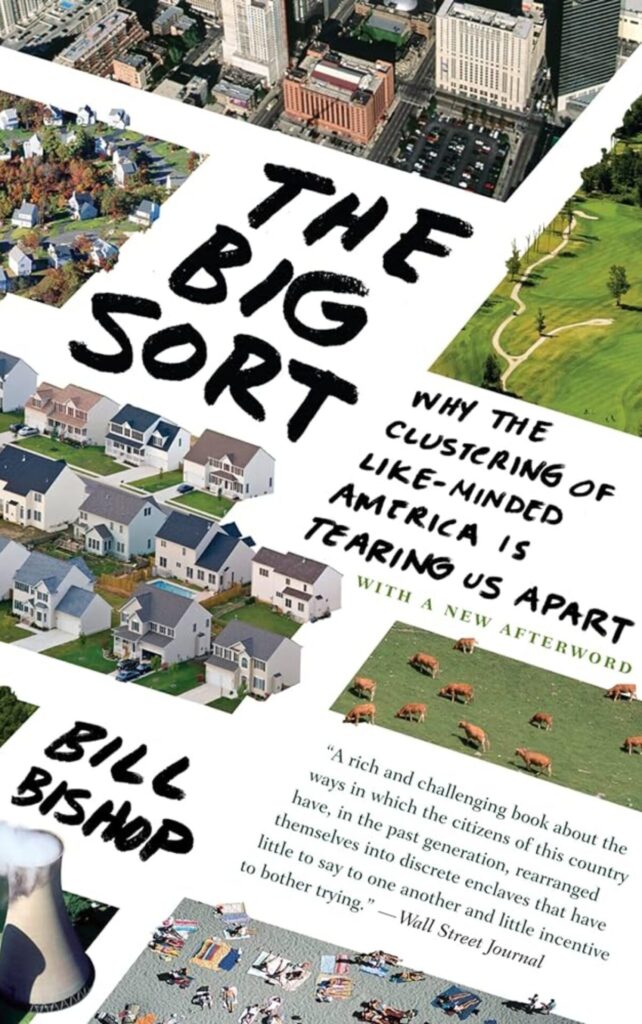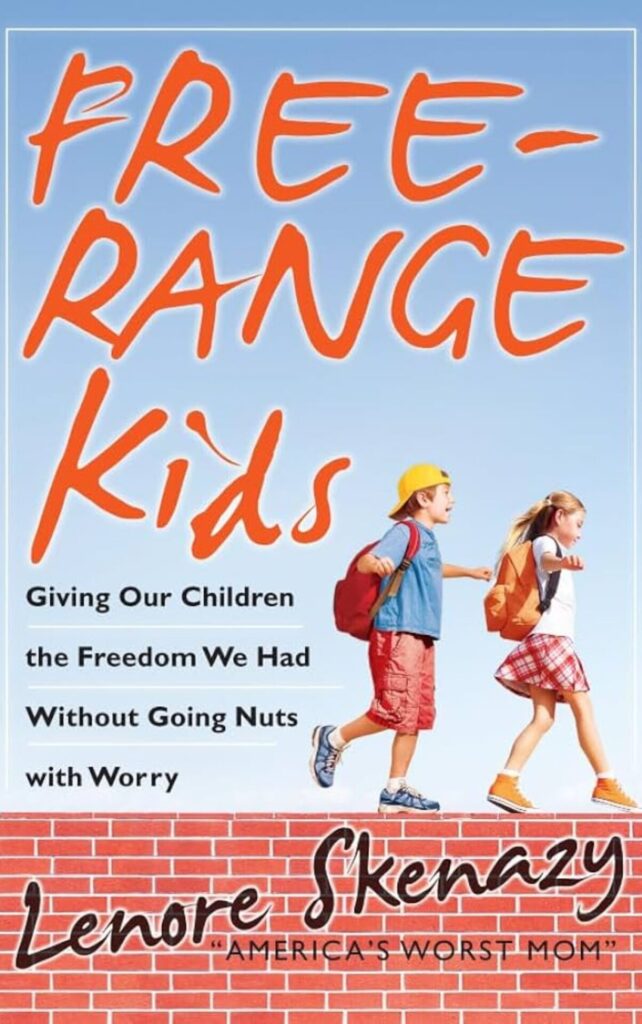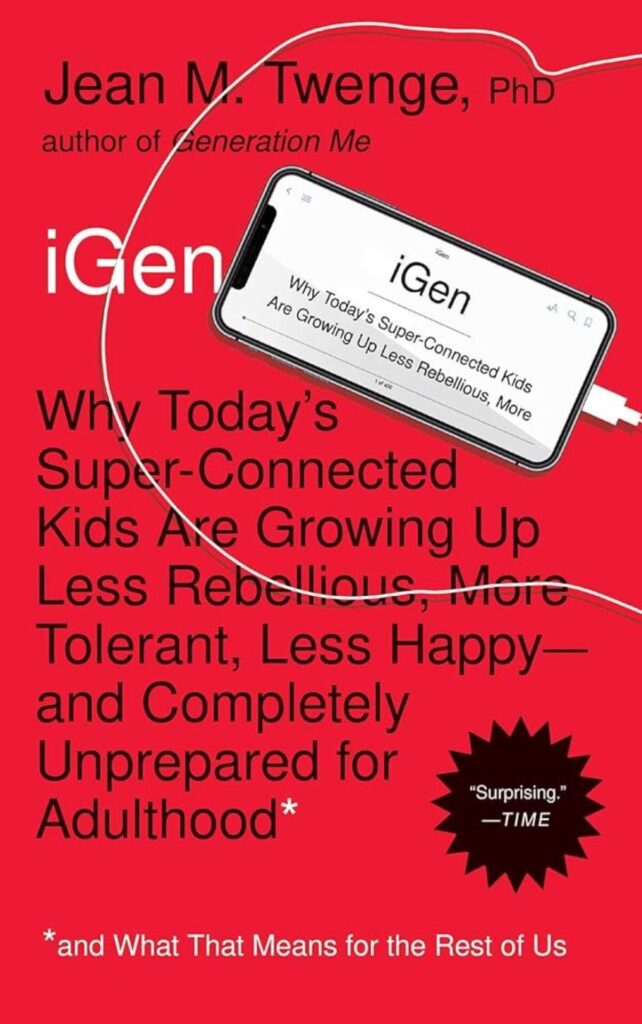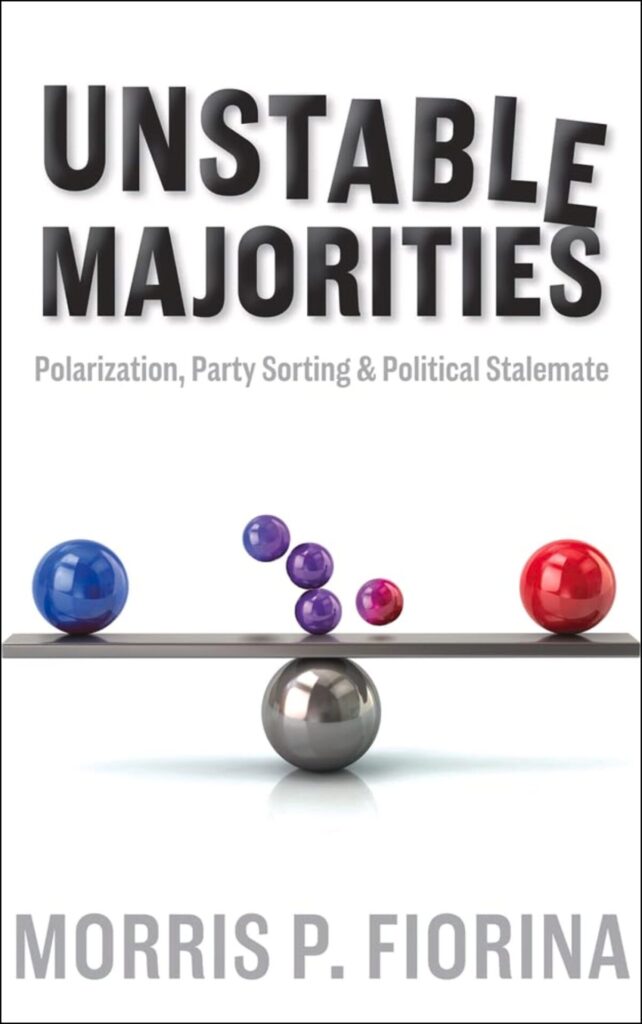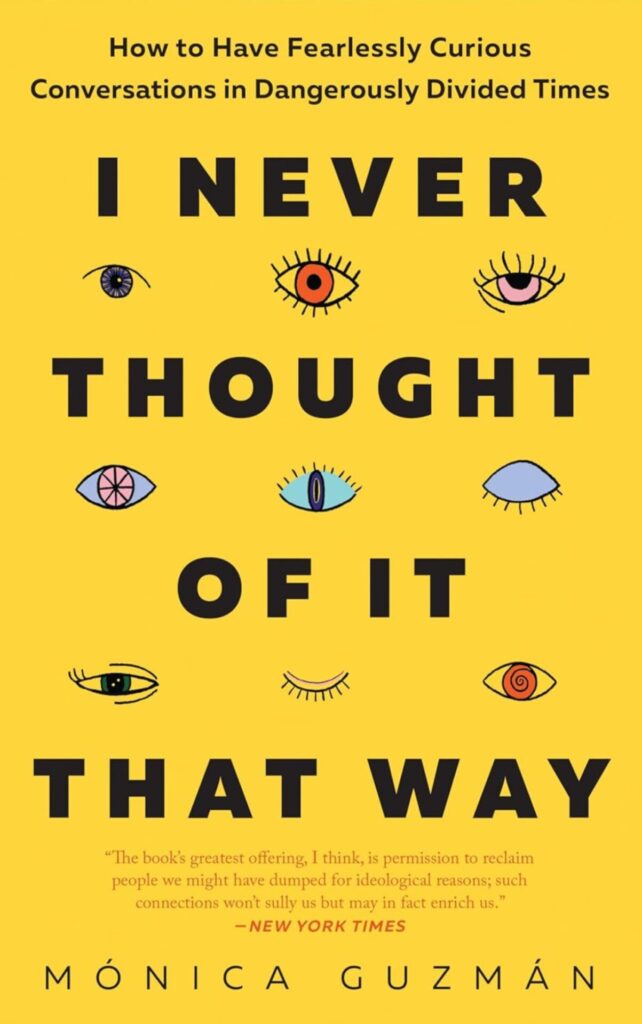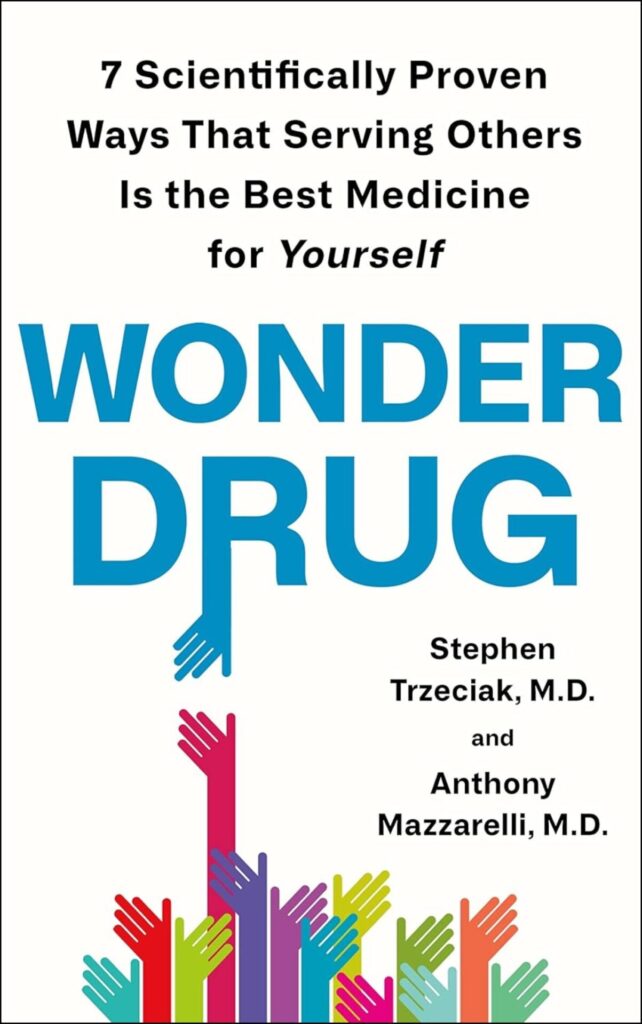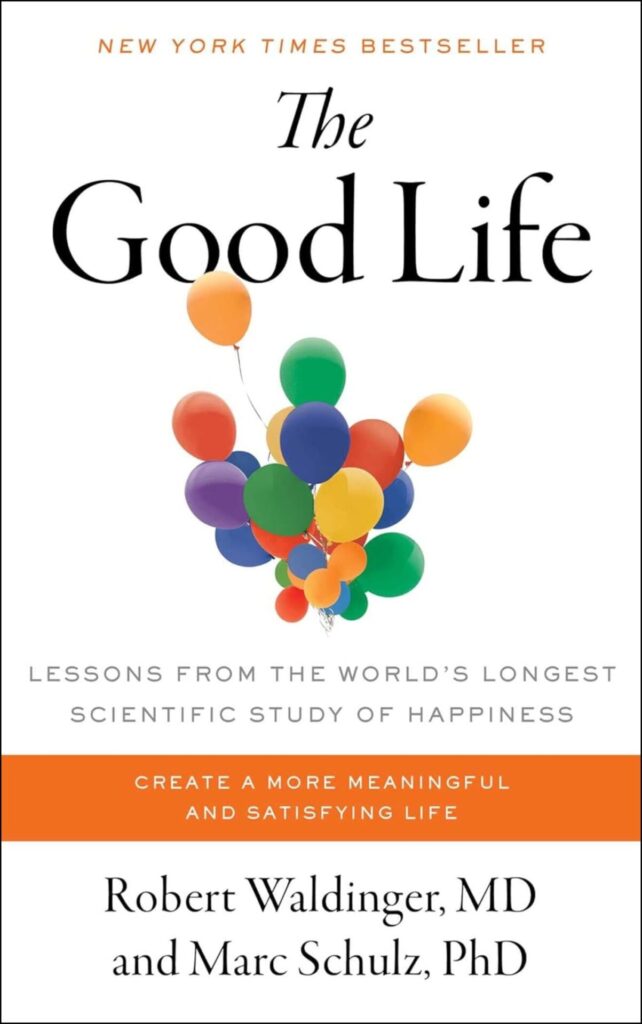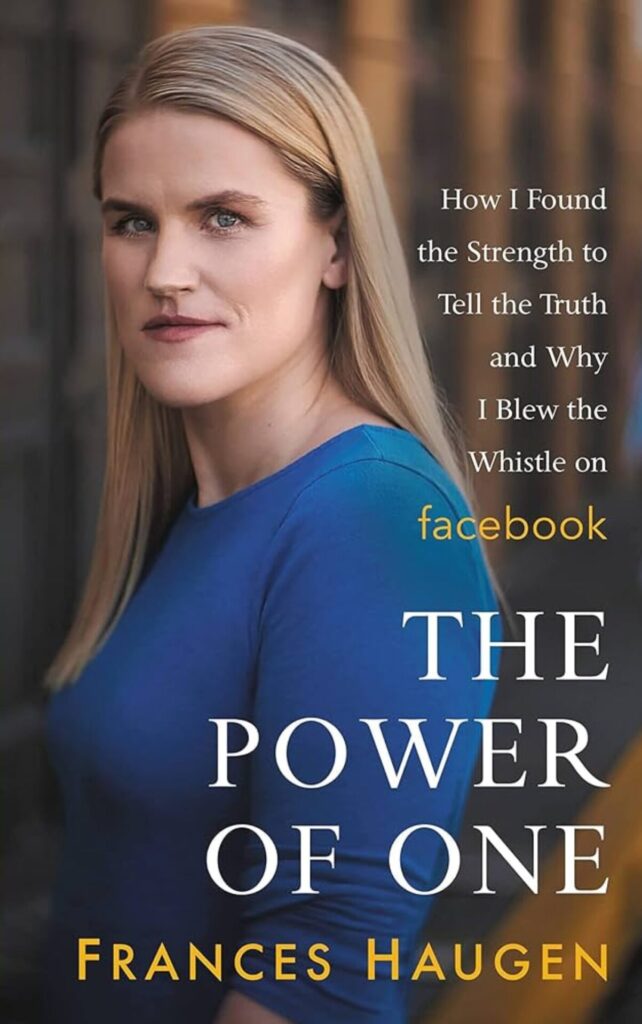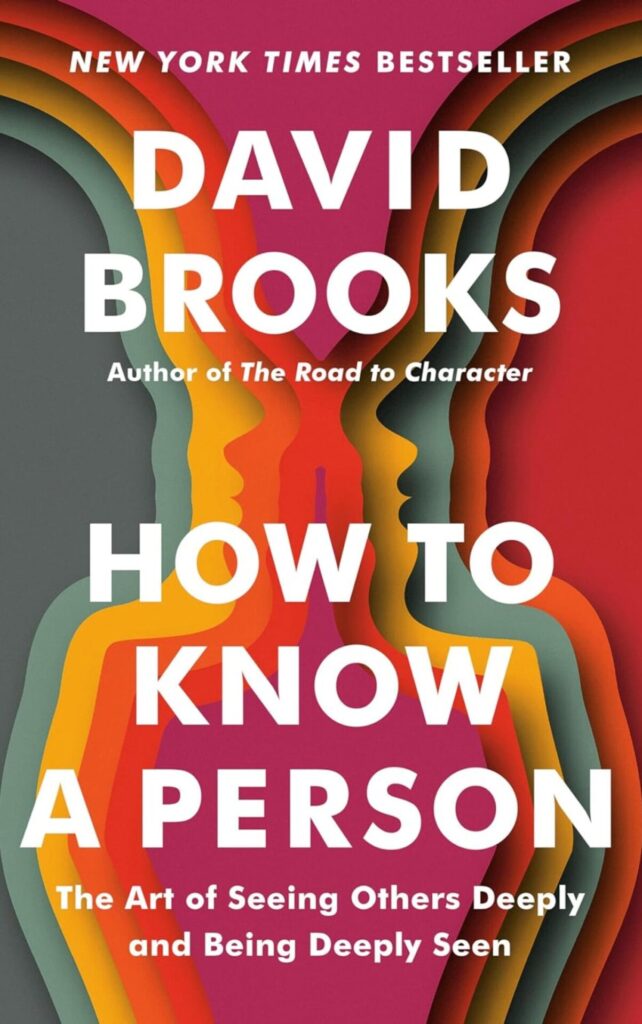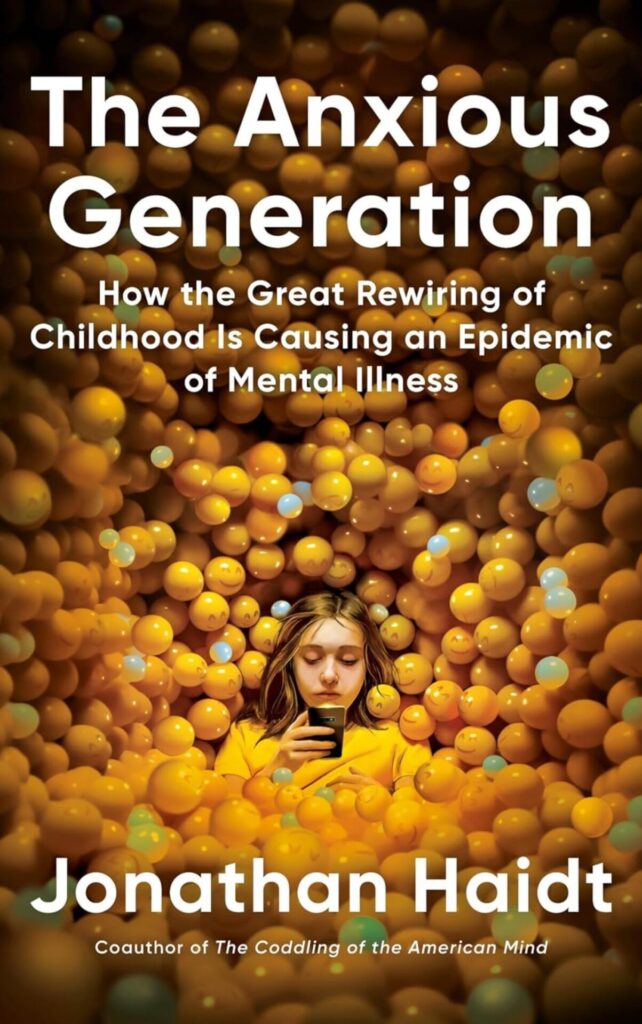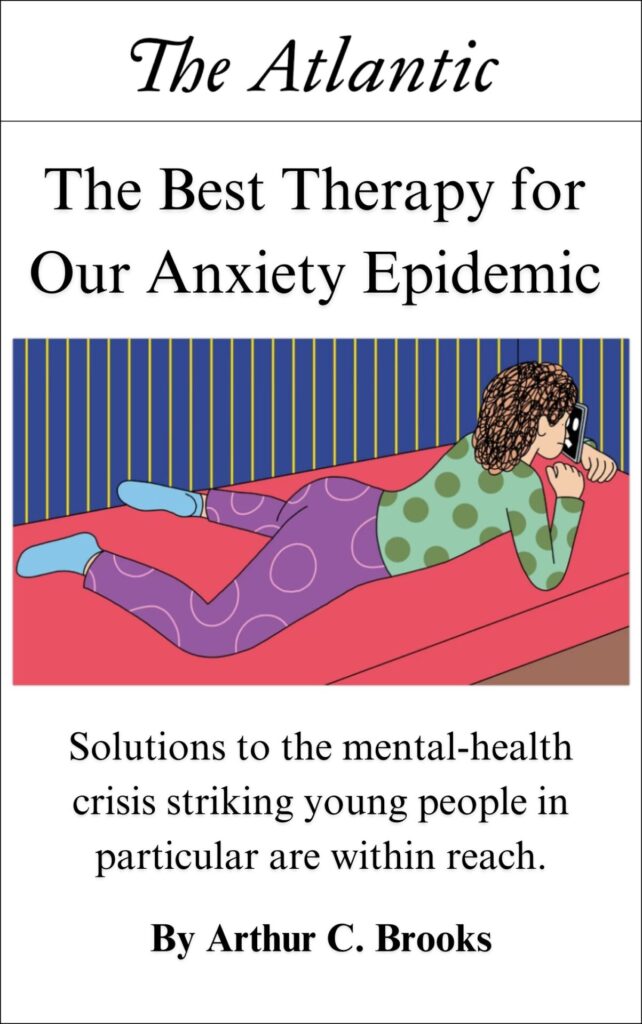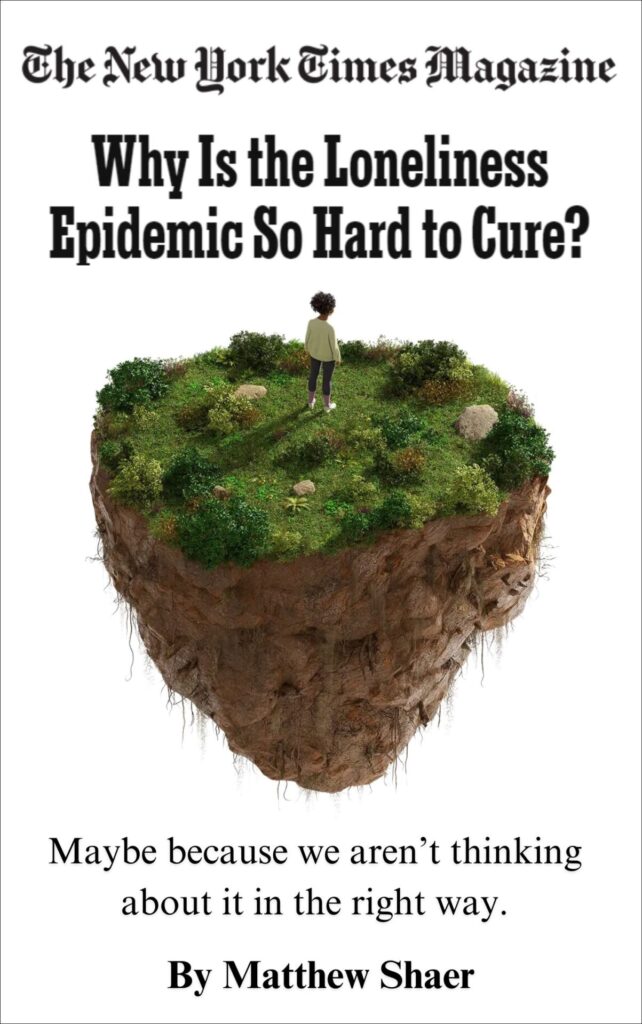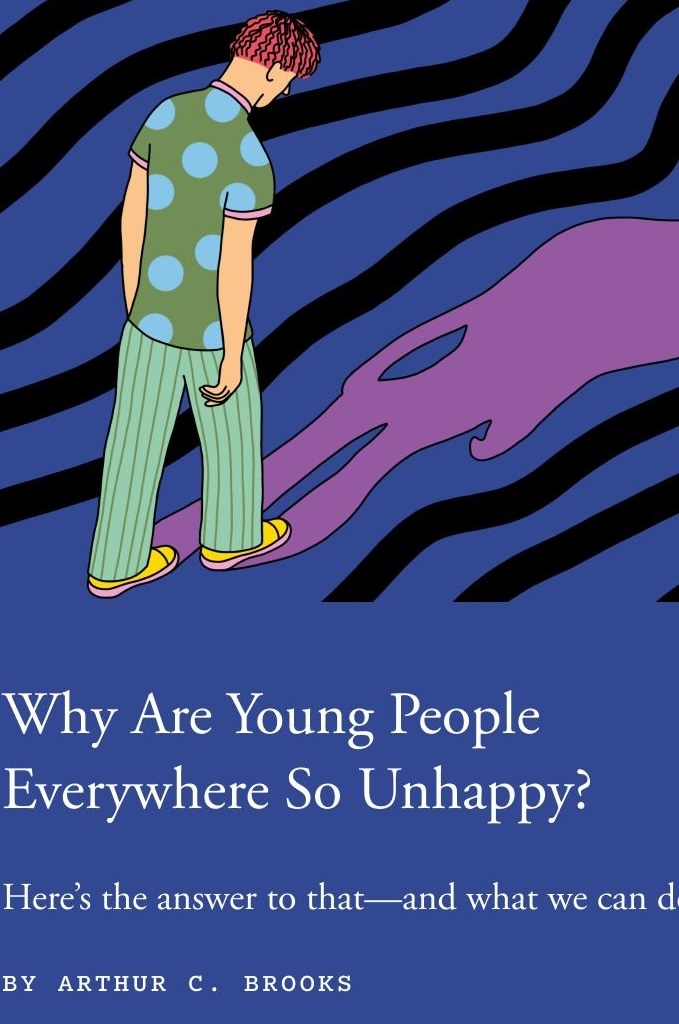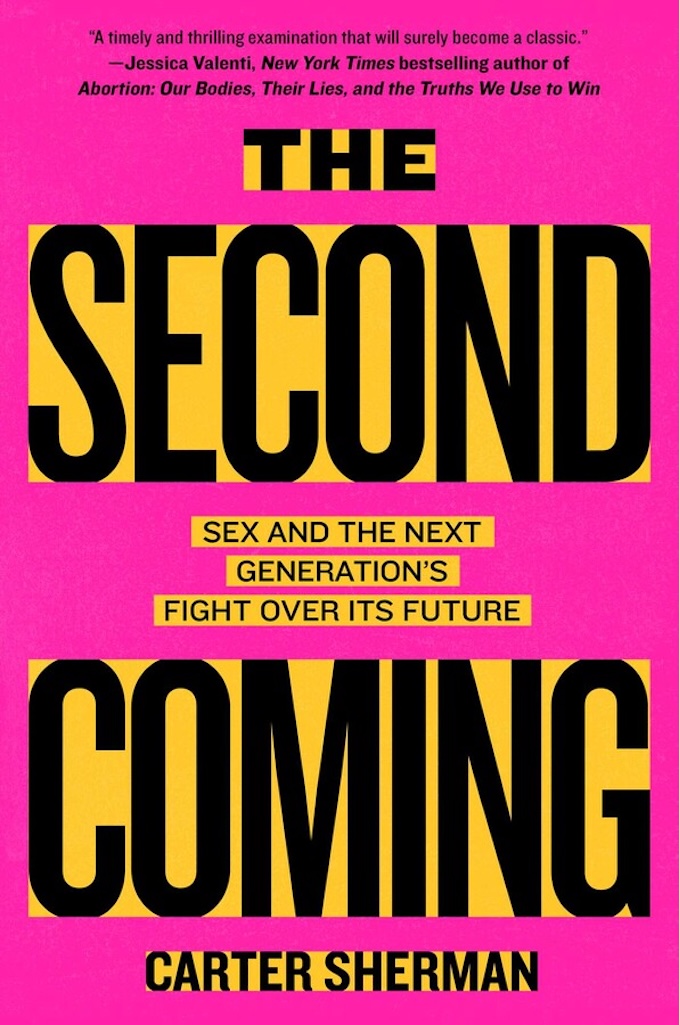The Mingle Project: Author & Writer Interviews
Michael talks about new research showing that, for poor children living in an area where people have more friendships that cut across class lines, that significantly increases how much they earn in adulthood. He speaks with the study’s author, Harvard University Professor Robert Putnam. The book was originally published on August 7, 2001. The interview aired on August 4, 2022.
Our kids are being raised disconnected from natural outdoor environments for a variety of reasons like technology addictions, fears and dangers of being alone outside, and many more. Michael welcomes Richard Louv, author of “Last Child in the Woods: Saving Our Children From Nature-Deficit Disorder.” As children’s connections to nature diminish and the social, psychological, and spiritual implications become apparent, Mr. Louv highlights that new research shows that nature can offer powerful therapy for such maladies as depression, obesity, and attention deficit disorder. The book was originally published on April 15, 2005. The interview aired in June of 2007.
Free Range Kids has become a national movement, sparked by the incredible response to Lenore Skenazy’s piece about allowing her 9-year-old to ride the subway alone in NYC. Parent groups argued about it, bloggers blogged, spouses became uncivil with each other, and the media jumped all over it. Michael and Lenore revisit her book “Free-Range Kids, Giving Our Children the Freedom We Had Without Going Nuts with Worry.” The book was published on April 20, 2009. The interview aired on May 3, 2023.
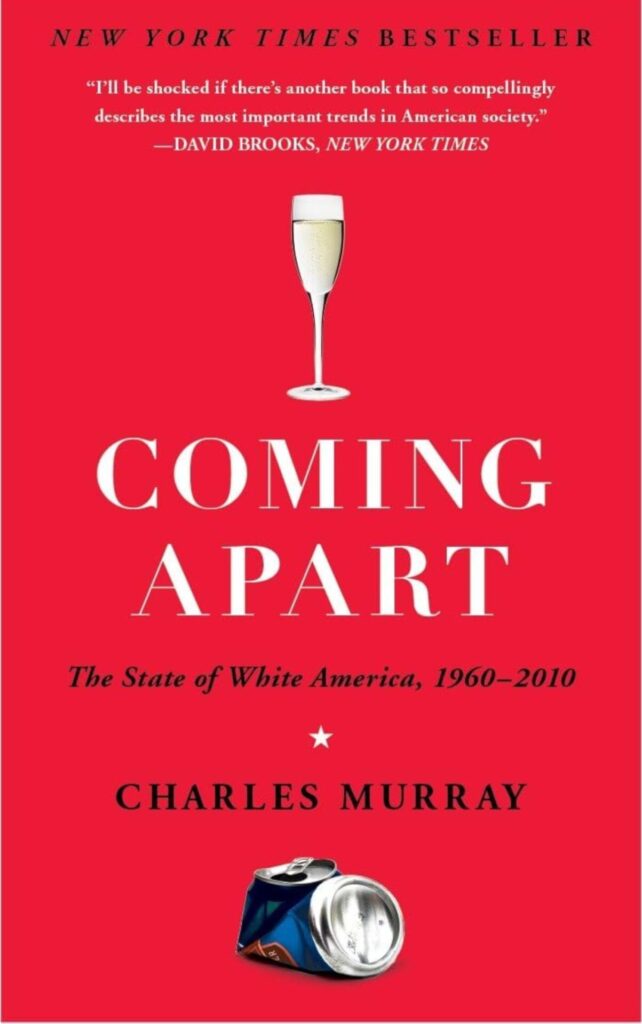
In “Coming Apart,” Charles Murray explores the formation of American classes that are different in kind from anything we have ever known, focusing on whites as a way of driving home the fact that the trends he describes do not break along lines of race or ethnicity. The book was published on January 29, 2013. The interview is currently unavailable.
Dr. Jean Twenge speaks with Michael about her book “iGen: Why Today’s Super-Connected Kids Are Growing Up Less Rebellious, More Tolerant, Less Happy–and Completely Unprepared for Adulthood–and What That Means for the Rest of Us.” The book was published on August 22, 2017. The interview aired on August 28, 2017.
Partisan politics, gridlock, incivility, division. All negative words – but there is hope. Listen to Michael’s conversation with Stanford University’s Dr. Morris Fiorina, author of “Unstable Majorities: Polarization, Party Sorting, and Political Stalemate.” The book was published on November 1, 2017. The interview aired on April 9, 2020.
Time to create a more meaningful and satisfying life: Michael talks with Harvard University’s Dr. Robert Waldinger, co-author (with Dr. Marc Schulz) of “The Good Life: Lessons from the World’s Longest Scientific Study of Happiness.” The book was published on January 10, 2023. The interview aired on February 2, 2023.
Bestselling author and New York Times Columnist David Brooks joins the podcast to discuss his new book “How to Know a Person: The Art of Seeing Others Deeply and Being Deeply Seen,” which pulls from his own observations and research and dives into the topic of human connection and its importance in today’s society. The book was published on October 24, 2023. The interview aired on November 14, 2023.
After more than a decade of stability or improvement, the mental health of adolescents plunged in the early 2010s. Rates of depression, anxiety, self-harm, and suicide rose sharply, more than doubling on many measures. Why? Phone-based childhoods. Michael talks to social psychologist and bestselling author Jonathan Haidt on his book “The Anxious Generation: How the Great Rewiring of Childhood Is Causing an Epidemic of Mental Illness.” The book was published on March 29, 2024. The interview aired on March 25, 2024.
Solutions to the mental health crisis striking young people in particular are within reach. So writes Harvard Professor and Contributor to The Atlantic, Arthur C. Brooks, in his latest piece, “The Best Therapy for Our Anxiety Epidemic.” Much of what he is putting forward plays well in the context of Michael’s Mingle Project. The essay caught Michael’s eye and brought on the following conversation. The article was published in The Atlantic on August 8, 2024. The interview aired on August 13, 2024.
Is it possible to cure the loneliness epidemic? Michael talks to Richard Weissbourd, a senior lecturer at the Harvard Graduate School of Education and the Kennedy School of Government. The Article by Matthew Shaer was publish New York Times on August 27, 2024. The interview aired on August 30, 2024.
“Cross-class friendships had a stronger impact than school quality, family structure, job availability, or a community’s racial composition. The people you know open opportunities, but the growing class divide, fueled by the internet, closes them off.” MIT Professor Nathaniel Hendren joins Michael to discuss the changing fate of the American Dream—are today’s children better off than their parents? His research, featured in Rachel Wolfe’s WSJ editorial, tracks generational progress and decline across the 20th century. The Article by Wolfe was published on August 28, 2024. The interview aired on September 5, 2024.
Michael welcomes NYU Professor and bestselling author Jonathan Haidt to talk about the need for people to get off their smartphones, get out of their bubbles, and… mingle! Not only is Haidt the author of “The Anxious Generation” and “The Coddling of the American Mind” (now out as a documentary), but he’s also quoted in Michael’s “Mingle Project” speech. Haidt is a big proponent of phone-free schools. The interview aired on October 25th, 2024.
Michael loves an amazing piece written by Derek Thompson at The Atlantic, which ties right in to The Mingle Project, Michael’s ongoing work to get people out of their bubbles, to meet with others, and mingle. Listen to his conversation with Derek on “The Anti-Social Century” where he writes that Americans are now spending more time alone than ever. It’s changing our personalities, our politics, and even our relationship to reality.
Michael welcomes Nicholas Carr, author of “Superbloom: How Technologies of Connection Tear Us Apart,” a bracing exploration of how social media has warped our sense of self and society. From the telegraph and telephone in the 1800s to the internet and social media in our own day, the public has welcomed new communication systems. Whenever people gain more power to share information, the assumption goes, society prospers. Superbloom tells a startlingly different story. As communication becomes more mechanized and efficient, it breeds confusion more than understanding, strife more than harmony. Original air date 30 January 2025. The book was published on 28 January 2025.
Michael Smerconish interviewed Dr. Byron Johnson about the Global Flourishing Study. Their discussion covered why wealthier nations might have lower life satisfaction, the significance of social connections, and the impact of isolation and technology on happiness. They also compared the study’s findings to the World Happiness Report, emphasizing that flourishing involves more than just wealth, including relationships and purpose.
“Why Are Young People Everywhere So Unhappy?” That is the title of Arthur Brooks’ piece in The Atlantic, which caught Michael’s eye because the themes therein tie to The Mingle Project. From mental health to technology and everything in between, they discuss what can be done to get young people out of their shells, out of their homes, their bubbles, and get together and mingle with others. And a big part of that is finding someone who is quite different from themselves, because opposites attract. Original air date 13 May 2025.
Human Connection in a Disconnected World: Rob Lawless is on a mission to meet 10,000 people — one hour at a time. He joins Michael in studio to discuss what he’s learned from nearly 7,000 deep, agenda-free conversations with strangers. They explore the value of authentic connection, the dangers of digital isolation, and why human interaction might be the antidote to our divided times. Sound familiar? It’s all the same themes in Michael’s signature mission – The Mingle Project! Original air date 4 June 2025.
How much does it cost to be a sports fan today? Try $4,785. Michael Smerconish sits down with journalist Joon Lee to unpack how streaming has splintered sports viewing, inflated fan costs, and eroded one of America’s great cultural touchpoints: watching the game together. From sports bars going silent to six streaming subscriptions just to follow your team, this episode explores the steep financial—and social—price we’re now paying for fandom. Original air date 18 June 2025.
Carter Sherman, reproductive health reporter at The Guardian joins Michael with her book “The Second Coming: Sex and the Next Generation’s Fight Over Its Future.” They explore how politics, technology, and social norms are reshaping the way young Americans think about and experience sex. From “hookup culture” to the “sex recession,” and from Roe v. Wade to TikTok, this conversation dives deep into the evolving sexual landscape—and the clash between sexual conservatism and progressivism defining it. Original air date 11 July 2025. The book was published on 24 June 2025.
Get the Smerconish.com daily newsletter.
Privacy Policy | Website design by Creative MMS
Privacy Policy | Website design by Creative MMS



